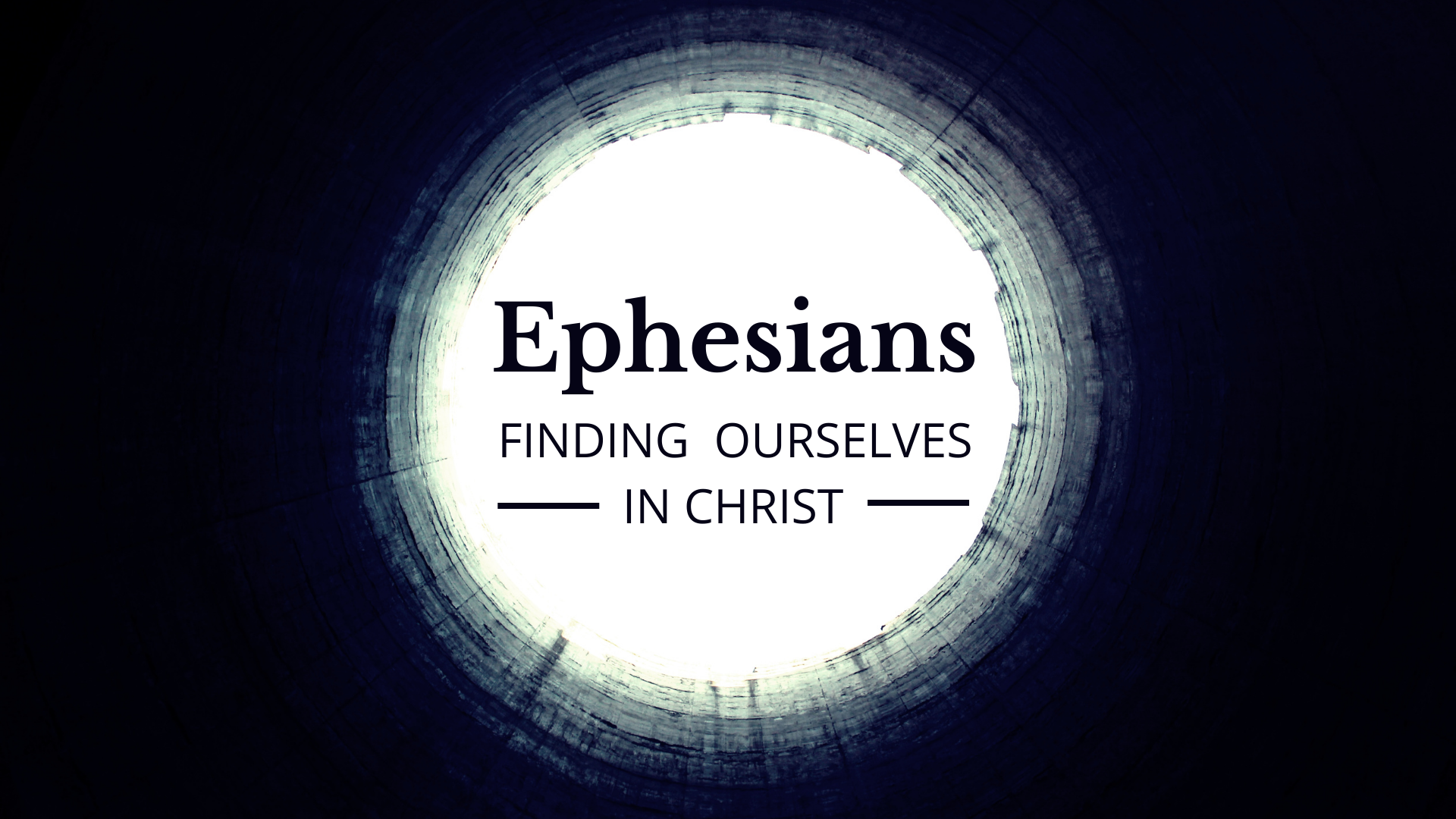No Room for Ego
/Imagine leaving the movie theater after seeing an enjoyable film. Walking out with your movie-going partner, you’ll probably discuss what you watched, that one amazing scene or how good the acting was. Even if the movie was excellent however, it’s easy for the conversation to shift to “if only they would have done that scene differently” or “I found that one character to be annoying.” How come it’s so easy to nitpick and criticize, even good things?! What if in these conversations we resisted that one critical comment and avoided the negative distraction?
When the stakes are higher, it’s often easier to criticize more and with more serious allegations. Think about the government, your boss, family members. In Ephesians 4 v3, Paul urges us to “make every effort to keep the unity of the Spirit through the bond of peace.” What if in every conversation we committed to saying one fewer critical thing? Would your non-churchgoing friend notice you became a little more upbeat, would your spouse begin to feel some grace and patience in your marriage, perhaps your kids feel more love?
Sometimes we need to be critical to correct bad behavior, however if our comment isn’t constructive, let’s work on keeping it inside. I regret these comments when I make them, realizing it was me letting my ego get in the way, thinking I knew the superior alternative. However in verse 2, Paul writes “be completely humble and gentle, be patient, bearing with one another in love.” There is no room for ego in that verse, so let our gentleness and positivity be a witness to this world.
- Alex Pfister
PS: If you want a visual on how great our God is, please check out these newly released NASA pictures of our universe. The first image, “Webb’s First Deep Field”, is a breathtaking view of thousands of galaxies. It may look like half of the sky, but it actually covers a patch of sky approximately the size of a grain of sand held at arm’s length by someone on the ground!
https://www.nasa.gov/webbfirstimages






















